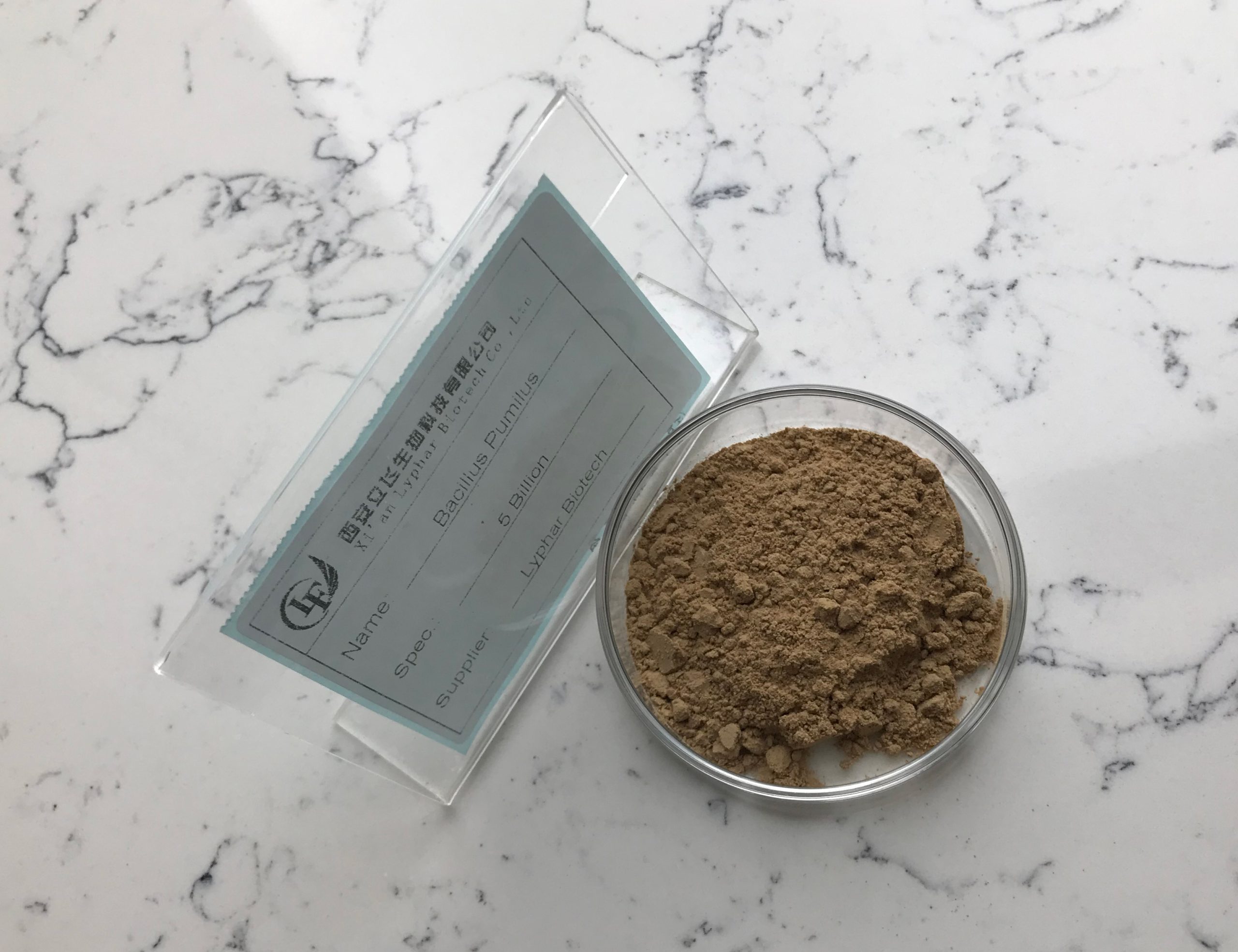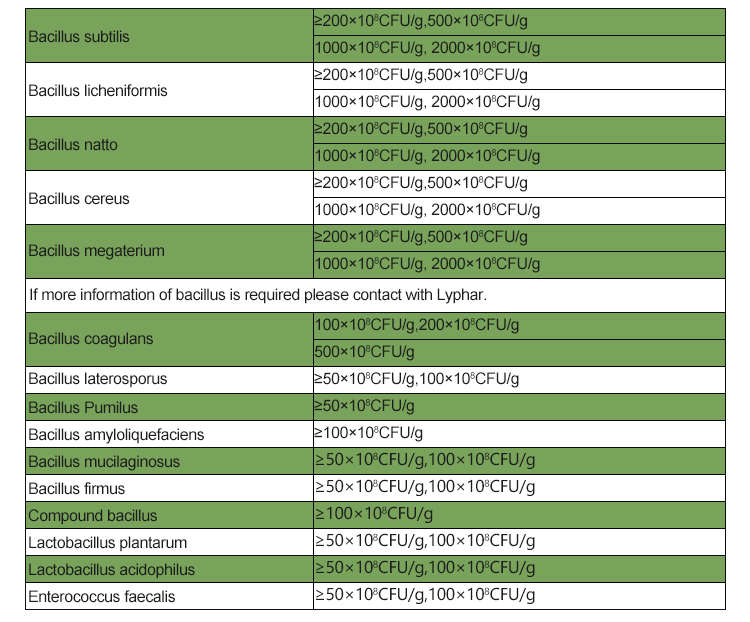Bacillus pumilus is a Gram-positive, spore-forming bacterium that can be found in various environments, including soil, water, and air. Like other Bacillus species, it has been studied for its potential benefits and drawbacks. Here are some of the pros and cons associated with Bacillus pumilus:

Pros of Bacillus Pumilus:
- Bioremediation: Bacillus pumilus has the ability to degrade a wide range of organic pollutants. Its use in bioremediation processes can help clean up contaminated environments, such as soil and water, by breaking down harmful substances into harmless byproducts.
- Antibacterial Properties: Some strains of Bacillus pumilus produce antimicrobial compounds that can inhibit the growth of pathogenic bacteria. This trait can be utilized in various applications, such as developing natural antibacterial agents or probiotics.
- Biofertilizers: Bacillus pumilus is known for its ability to fix atmospheric nitrogen and produce plant growth-promoting substances. As a result, it has been used as a component of biofertilizers to enhance crop productivity and soil health.
- Enzyme Production: Certain strains of Bacillus pumilus are known to produce various enzymes with industrial applications. These enzymes can be used in processes like detergents, biofuels, and food processing.
- Drought and Heat Tolerance: Some strains of Bacillus pumilus have been shown to improve the drought and heat tolerance of plants, making them potentially valuable in agriculture and horticulture in arid regions or under stress conditions.

Cons of Bacillus Pumilus:
- Potential Pathogenicity: While Bacillus pumilus is generally considered non-pathogenic, in rare cases, it has been associated with opportunistic infections, particularly in immunocompromised individuals. Care should be taken when handling Bacillus pumilus, especially in laboratory settings.
- Contamination Risks: If used in industrial processes or as a biofertilizer, there is a risk of unintended release into the environment. If not properly controlled, Bacillus pumilus could become invasive and displace native microorganisms or cause imbalances in ecosystems.
- Allergenicity: In some instances, exposure to Bacillus pumilus or its byproducts may lead to allergic reactions in sensitive individuals.
- Competitiveness with Native Microorganisms: If introduced into new environments, Bacillus pumilus may outcompete native microorganisms, potentially leading to ecological disruptions.
- Safety Concerns: The use of Bacillus pumilus-based products or applications should be subject to rigorous safety assessments to ensure they do not pose harm to humans, animals, or the environment.

In summary, Bacillus pumilus offers several potential benefits, particularly in bioremediation, agriculture, and enzyme production. However, its use and deployment should be carefully regulated to mitigate potential risks and negative impacts on the environment and human health. As with any microbial agent, thorough research and risk assessments are essential before widespread application.
